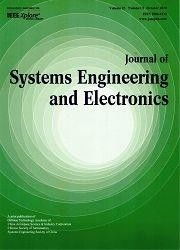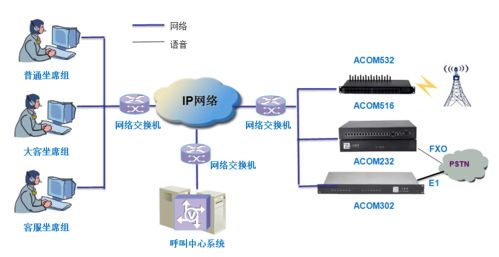
系统工程与电子技术英文版 sci,Introduction
时间:2024-09-30 来源:网络 人气:
Introduction

The rapid advancement of technology has led to the integration of various disciplines, with System Engineering and Electronic Technology being at the forefront of this convergence. This article aims to explore the synergies between these two fields, highlighting the latest research and development in the System Engineering and Electronic Technology (SET) domain. By examining the current trends and future prospects, this paper seeks to provide insights into the evolving landscape of SET and its impact on various industries.
Background and Significance

System Engineering is a multidisciplinary field that focuses on the design, implementation, and management of complex systems. Electronic Technology, on the other hand, deals with the application of electronic devices and systems to solve practical problems. The intersection of these two fields has led to significant advancements in various sectors, including aerospace, telecommunications, healthcare, and automotive industries. Understanding the integration of SET is crucial for fostering innovation and driving technological progress.
Current Trends in SET

1. Internet of Things (IoT)
The IoT has revolutionized the way we interact with technology, enabling devices to communicate and share data seamlessly. In SET, the integration of IoT with system engineering principles has led to the development of smart systems that can optimize performance, enhance efficiency, and improve user experience. This trend is expected to continue, with a growing number of devices being connected to the internet.
2. Artificial Intelligence and Machine Learning
The advent of AI and machine learning has opened new avenues for SET. These technologies can be used to analyze large datasets, predict system behavior, and optimize system performance. In the context of SET, AI and machine learning are being employed to design intelligent systems that can adapt to changing conditions and make informed decisions.
3. Quantum Computing
Quantum computing is a rapidly evolving field that has the potential to revolutionize SET. By leveraging the principles of quantum mechanics, quantum computers can solve complex problems at unprecedented speeds. This has implications for various SET applications, such as cryptography, optimization, and simulation.
Challenges and Future Prospects

While the SET field has seen significant advancements, several challenges remain. These include the need for interdisciplinary collaboration, ensuring data security and privacy, and addressing ethical concerns. Despite these challenges, the future of SET looks promising, with potential breakthroughs in areas such as autonomous systems, advanced materials, and renewable energy.
1. Interdisciplinary Collaboration
The complexity of SET requires collaboration between experts from various disciplines. By fostering interdisciplinary research, we can leverage the strengths of different fields to address complex problems and drive innovation.
2. Data Security and Privacy
As SET systems become more interconnected, ensuring data security and privacy becomes increasingly important. Developing robust security measures and adhering to ethical guidelines will be crucial for the continued growth of SET.
3. Ethical Concerns
The rapid advancement of SET raises ethical concerns, particularly in areas such as autonomous weapons and surveillance technologies. Addressing these concerns through responsible research and development is essential for the long-term success of SET.
Conclusion

The field of System Engineering and Electronic Technology is at the forefront of technological innovation, with significant implications for various industries. By addressing current trends, challenges, and future prospects, this article provides a comprehensive overview of SET. As SET continues to evolve, it is crucial for researchers, engineers, and policymakers to collaborate and address the complexities of this interdisciplinary field to drive technological progress and improve the quality of life for people around the world.
Tags

SystemEngineering ElectronicTechnology IoT ArtificialIntelligence MachineLearning QuantumComputing InterdisciplinaryCollaboration DataSecurity EthicalConcerns TechnologicalInnovation

相关推荐
教程资讯
教程资讯排行











